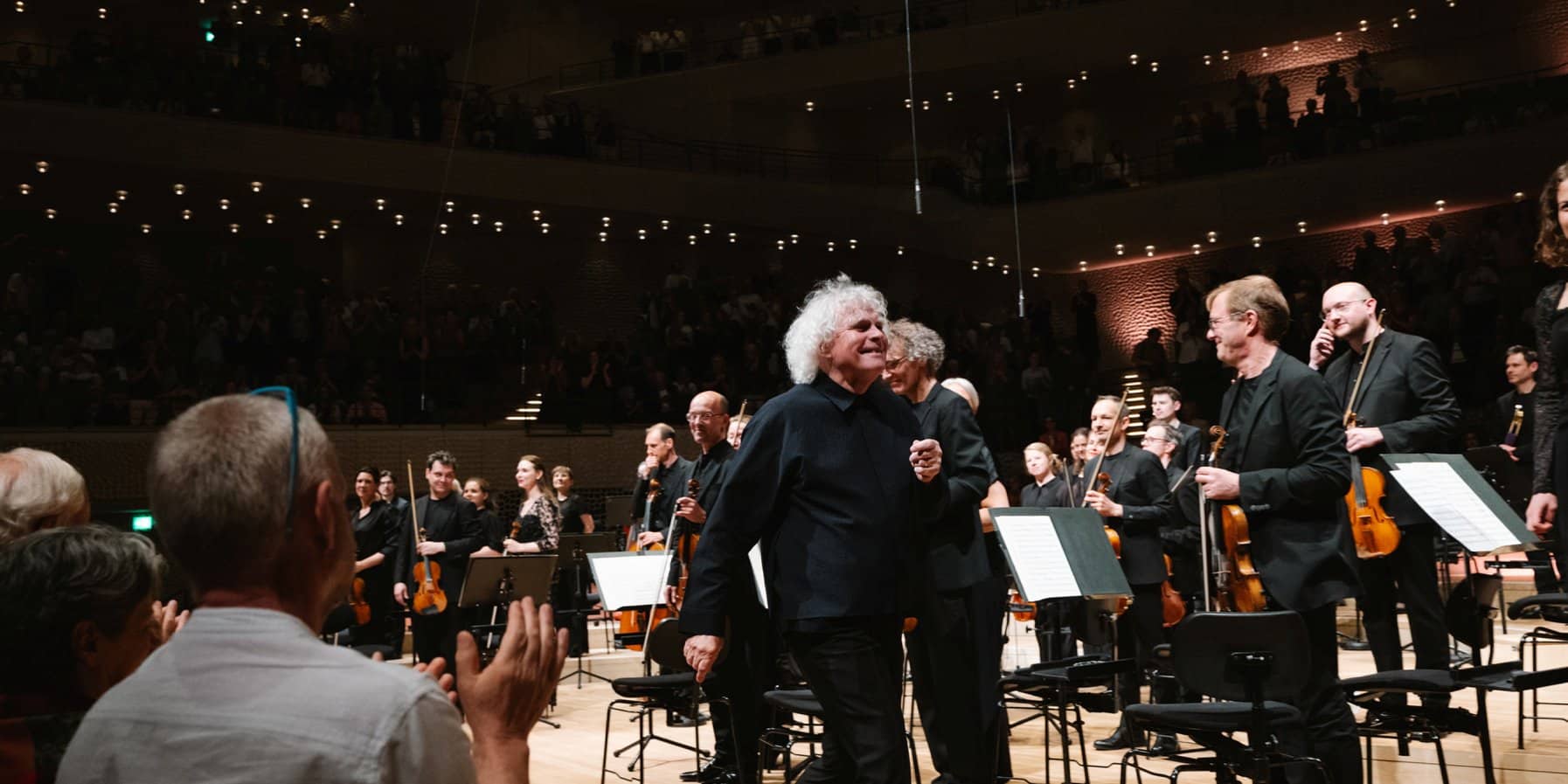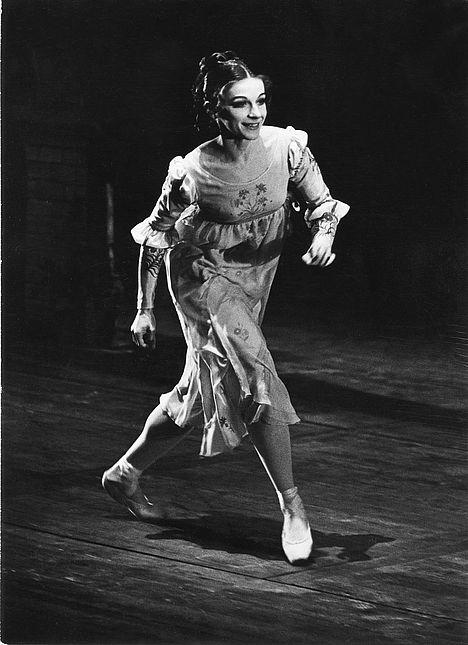Michael Gielen: This wretched bureaucrat must back down
mainThe vastly respected German conductor has launched an extraordinary personal onslaught in the Faz on the director of the SWR, Peter Boudgoust, who is seeking to merge two orchestras. Translated excerpts:

Q: Why are you and 159 of your colleagues only now calling for the decision to overturn the merger decision?
Gielen: I’m 86 but I’m no prophet. It’s dreadful, at the end of my long life, to have to watch this orchestra disappear. A sort of fatalism had set in after no progress was made, our arguments went unheard and politicians turned their back on us for so long. But I feel that people are interested in this scandalous affair after all and that may have something to do with a symposium on “the future of symphony orchestras” held in Freiburg last week. It was under the patronage of UNESCO. It became clear that it’s not only about saving this particular orchestra. The SWR South West German Radio Symphony Orchestra will set a precedent. If this cultural destruction goes ahead as planned, it will have drastic effects for all symphony orchestras.
Q: The orchestra itself is fighting to become a foundation. What do you think of this idea?
Gielen: That can function very well, as can be seen in the cases of the Bamberg Symphony or the Berlin Philharmonic. But a foundation must have huge amounts of capital at its disposal and it would have to have the backing of the local regional governments, as in Bamberg and Berlin. That isn’t the case in Baden-Württemberg. So it wouldn’t work, I’m afraid.
Q: Why are the names of some conductors missing who have previously spoken out publicly against the merger, say Simon Rattle or Daniel Barenboim?
Gielen: All conductors were asked who have ever worked with the SWR orchestra in the past. There are some whom even I don’t know! But if someone has worked with the orchestra and knows its capabilities, they know what’s at stake. That was the idea.
Q: Are your demands realistic?
Gielen: What we’re asking for is sensible. SWR intendant Peter Boudgoust has publicly stated that the splitting up of the orchestra — which he has been pushing for for years — is a measure on which he is staking his own personal fate. If the decision is revised, he would lose face. That is why he will never agree, no matter how fickle politicians can be. But what I cannot understand from a democratic point of view is how a single individual is able to make a decision that affects the fate of hundreds of people. And the decision is made without any substantial public discussion. Not to mention what the disbandment of the orchestra will mean in cultural terms for the region and the population. It will leave a vacuum, a massive hole.
Q: Why will it set a precedent?
Gielen: The public broadcasters have several radio symphony orchestras, and very good ones at that. The Bavarian Radio Symphony Orchestra is top class, as is the Frankfurt Radio Symphony. North German Radio also has a wonderful symphony orchestra. But none of these take their mission for contemporary music so seriously as we do. But that’s the Achilles’ Heel. Someone could say: “who actually listens to this contemporary music? And why should I have to pay for something that I don’t like?” If that is your argument, then you have to be honest and call everything else into question, too. Why do we finance state theatre, the big museums, the opera houses? Culture in general isn’t really necessary! Unless of course you have understood that society cannot function without culture. The people who took this decision a year ago clearly don’t agree. That is the crux of the matter.
Q: Will the SWR Radio Symphony Orchestra be rescued, what is your personal opinion?
Gielen: That would be my wish for everyone. If you’re asking me to make a personal prediction, I’d say that now it’s only a matter of the Intendant losing face if he has to back down. From that point of view, it doesn’t look good (laughs). And other orchestras have simply disappeared in the past, too. But if people are seriously interested in this case, then it should be the duty of an Intendant of a public broadcaster to make sure it is kept on.





“(…) Someone could say: ‘who actually listens to this contemporary music? And why should I have to pay for something that I don’t like?’ If that is your argument, then you have to be honest and call everything else into question, too. Why do we finance state theatre, the big museums, the opera houses? Culture in general isn’t really necessary! Unless of course you have understood that society cannot function without culture. The people who took this decision a year ago clearly don’t agree. That is the crux of the matter.” (…)
¡Bravo, Maestro Gielen!
Here are some numbers:
The German broadcaster ARD has 24 Music Ensembles (orchestras, choirs and big-bands), with a total budget of 170 Million Euros. This means the average cost per Ensemble in average is somewhat over 7 million Euros. The budget of the Chicago Symphony Orchestra is over 50 Million US $ (around 35 Million Euros) without receiving subsidies or grants. The german orchestras are a bargain in comparison.
ARD spends 1,4 million on one “Tatort” TV police show (90 Minutes).
All numbers can be verified in the press website of ARD.
It is a question of the priorities being set by the Management of the broadcasters. The total Budget of the broadcasters in Germany is over 7 Billion Euros.
MUSIC IS IMPORTANT !!!!!!!, and currently costs only a fraction of the total programming costs.